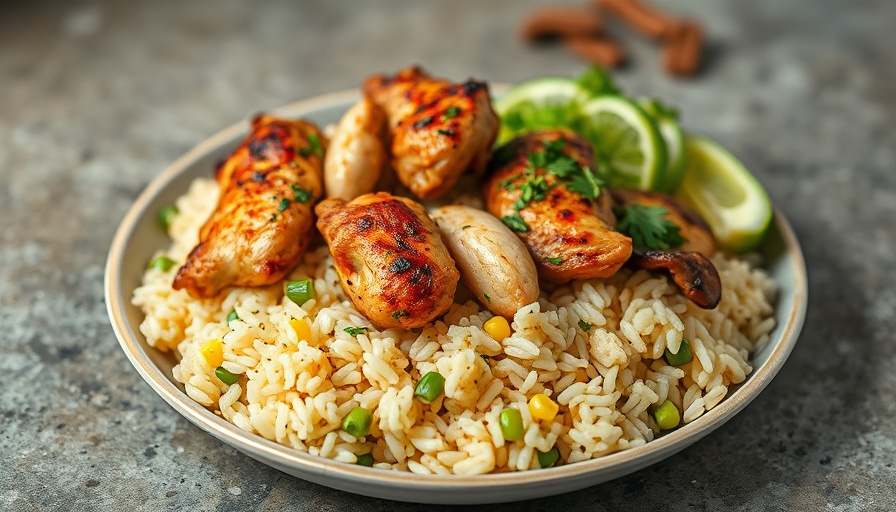
Are We Buying Into a Dangerous Trend?
The latest partnership between DoorDash and Klarna, allowing consumers to buy now and pay later for fast-food items like burritos, raises significant questions about the future of consumer credit. For many, the convenience might seem appealing, but the risks can outweigh the benefits. As recent trends show an increasing reliance on buy now, pay later (BNPL) services, it's time to examine the societal implications of financing casual dining experiences.
The Hidden Costs of Convenience
While spreading the cost of a meal into manageable installments might appear as a nifty financial tool for young tech-savvy consumers, experts warn it could lead to unanticipated consequences. As Chuck Bell of Consumer Reports pointed out, failing to keep up with installment payments could result in hefty late fees, turning what could have been a simple indulgence into an expensive affair.
This trend reveals a shift in consumer purchasing behavior, where immediate gratification often takes precedence over long-term financial planning. As more people opt for BNPL services, they might unknowingly place themselves in precarious financial situations.
A Historical Perspective on Consumer Behavior
This evolution in spending habits is not entirely new; we saw similar shifts during economic downturns when comfort purchasing took center stage. The 2008 financial crisis gave rise to ‘fast food for thought’, where consumers sought moments of joy in cheaper thrills. Today's BNPL offerings, especially for fast-food items, signal a potential normalization of casual borrowing, which may not bode well when economic tides turn.
The Future of Dining: What Lies Ahead?
As we venture further into a world where convenience dominates consumer behavior, it is essential to remain vigilant. Could the rise of BNPL for fast food lead to ongoing financial habits detrimental to overall economic health? Experts predict that if this trend continues unchecked, we may witness a serious reconsideration of consumption practices, prompting consumers to evaluate their relationship with their finances.
The Fine Line Between Convenience and Capitalism
The DoorDash-Klarna partnership is a reflection of an increasingly complicated relationship between consumer choice and consumer welfare. Are we prioritizing immediate pleasure over sustainable financial decisions? As consumers, it's crucial to evaluate the true cost behind our choices - will an afternoon burrito cost more than just dollars?
As we embrace such convenience-driven services, perhaps it’s time to pause and question if this trend is truly serving our best interests. With each delivery, we should consider whether our wallets are prepared for what’s to come.
 Add Row
Add Row  Add
Add 




Write A Comment